Hey there, fellow digital marketers! Have you ever wondered what makes people click, share, or buy online? Why do some campaigns go viral while others fall flat? The answer lies in the fascinating world of consumer psychology.
Table of Contents
Why Psychology Matters in Digital Marketing
As a digital marketer, I’ve learned that understanding the human mind is just as important as mastering SEO or social media algorithms. After all, digital marketing is all about connecting with people, and people are complex creatures driven by emotions, biases, and subconscious desires.
By tapping into consumer psychology, we can create more effective campaigns that resonate with our target audience on a deeper level. We can anticipate their needs, trigger their desires, and ultimately, influence their behavior.
Key Psychological Principles in Digital Marketing
Let’s dive into some of the most powerful psychological principles that drive online consumer behavior:
1. Social Proof: People are more likely to trust and follow the actions of others. This is why reviews, testimonials, and influencer endorsements are so effective in digital marketing.
Example: Amazon prominently displays customer reviews and ratings for each product. This helps potential buyers see that others have purchased and enjoyed the product, increasing their trust and likelihood of buying.
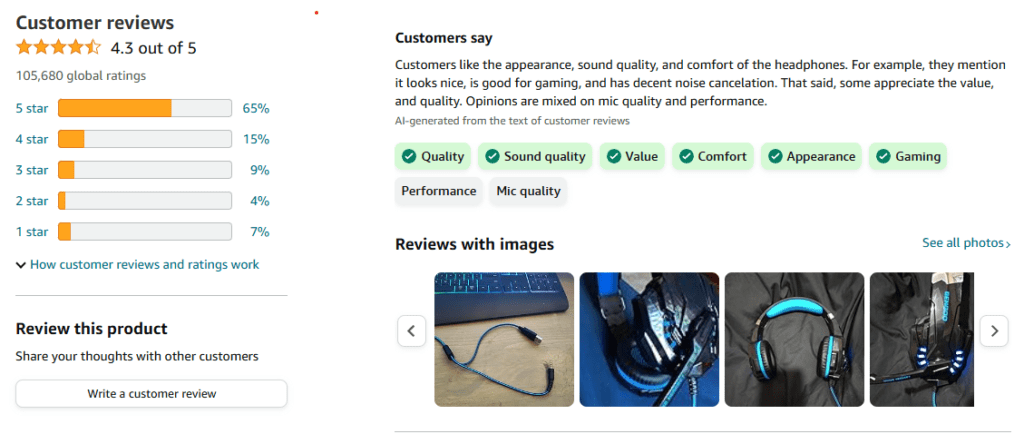
2. Reciprocity: When someone receives something of value, they feel obligated to give something back. This is why offering free ebooks, webinars, or discounts can be a great way to build relationships and generate leads.
Example: HubSpot offers a variety of free resources, such as ebooks, templates, and webinars, in exchange for an email address. This helps them build a relationship with potential customers and generate leads.

3. Scarcity: People want what they can’t have. Creating a sense of urgency or exclusivity can drive demand and boost sales. Think limited-time offers, flash sales, or “only a few left in stock” messages.
Example: Booking.com uses messages like “Only 2 rooms left at this price!” to create a sense of urgency and encourage users to book a room quickly.
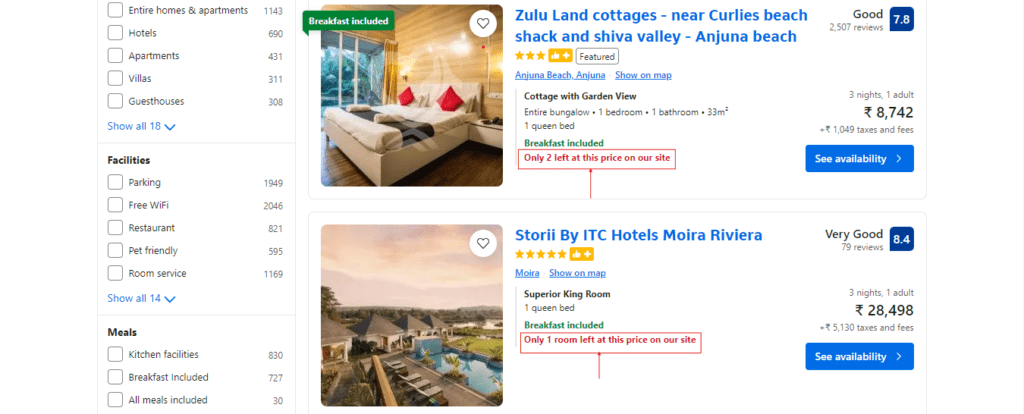
4. Authority: People trust experts and authority figures. You can gain credibility and trust by positioning yourself or your brand as an expert in your field. This can be achieved through thought leadership content, partnerships with industry leaders, or certifications.
Example: Moz, a leading SEO software company, publishes a popular blog with articles written by industry experts. This helps them establish themselves as a thought leader in the SEO space.
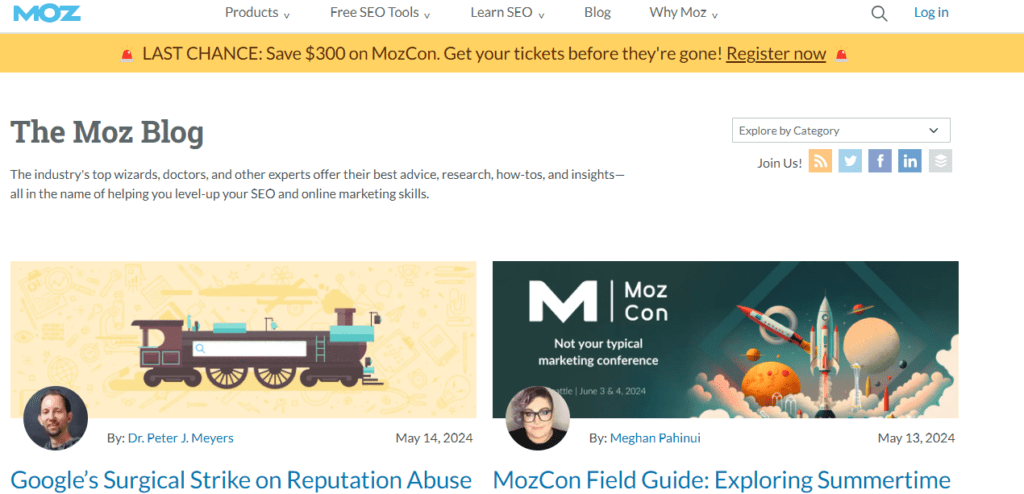
5. Loss Aversion: People hate losing more than they love winning. This is why framing your offers regarding what people stand to lose can be more persuasive than focusing on what they stand to gain. For example, instead of saying “Save 20% on your next purchase,” you could say “Don’t miss out on 20% off.”
Example: Instead of saying “Get a free trial for 30 days,” a company might say “Don’t miss out on your free 30-day trial.” This framing emphasizes the potential loss of not taking advantage of the offer.
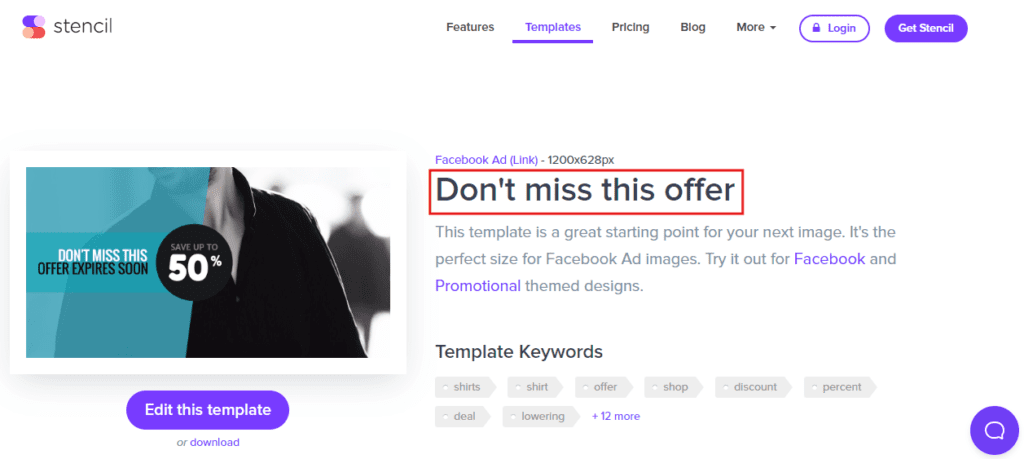
6. Cognitive Biases: These are mental shortcuts that help people make decisions quickly. By understanding these biases, you can craft messages that appeal to your audience’s subconscious desires. For example, the “bandwagon effect” makes people more likely to do something if they see others doing it.
Example: The “bandwagon effect” is often used in social media marketing. When a post or video goes viral, people are more likely to share it because they see that others are doing the same.
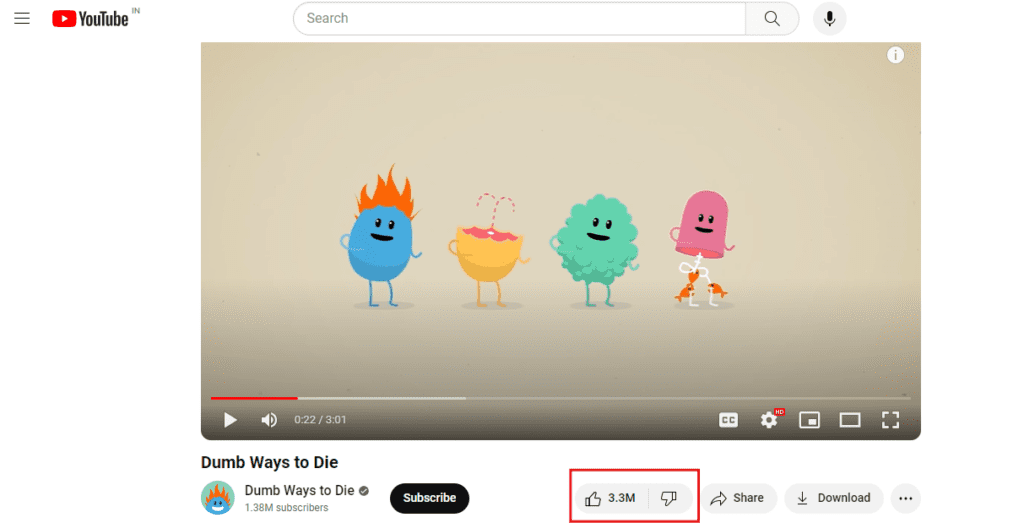
Applying Psychology to Your Digital Marketing Strategy
So, how can you put these psychological principles into practice? Here are a few tips:
- Use social proof in your marketing materials. Feature customer testimonials, case studies, and reviews prominently on your website and social media channels.
- Offer something of value in exchange for contact information. This could be a free ebook, a discount code, or a webinar.
- Create a sense of urgency or exclusivity around your offers. Use limited-time offers, flash sales, or “only a few left in stock” messages.
- Position yourself as an expert in your field. Publish thought leadership content, partner with industry leaders, or get certified in your expertise.
- Frame your offers in terms of what people stand to lose. Instead of focusing on the benefits of your product or service, highlight the negative consequences of not using it.
- Use cognitive biases to your advantage. Craft messages that appeal to your audience’s subconscious desires.
By understanding the psychology of digital marketing, you can create more effective campaigns that resonate with your target audience and drive real results.
I hope this post has given you some valuable insights into the fascinating world of consumer psychology. Now go out there and start applying these principles to your digital marketing efforts!
FAQ
1. What is the psychology of digital marketing?
- Understanding how consumers think, feel, and behave online.
- Using psychological principles to influence online decisions and actions.
- Creating marketing campaigns that resonate with target audiences on a deeper level.
2. Why is psychology good for marketing?
- Helps create more effective marketing campaigns.
- Enhances understanding of consumer needs and desires.
- Enables marketers to anticipate and influence consumer behavior.
- Builds stronger connections with target audiences.
- Increases brand loyalty and customer engagement.
3. What is an example of consumer psychology in action?
- A limited-time offer creates a sense of urgency and FOMO (fear of missing out).
- Positive customer reviews influence others to purchase a product.
- A celebrity endorsement boosts a brand’s credibility and desirability.
- A visually appealing website design captures attention and encourages exploration.
4. What is consumer psychology also known as?
- Buyer psychology
- Customer psychology
- Marketing psychology
5. What is the nature of consumer psychology?
- Interdisciplinary field combining psychology, marketing, and economics.
- Focuses on understanding consumer decision-making processes.
- Analyzes factors influencing purchase decisions, such as emotions, motivations, and social influences.
- Provides insights into how to effectively reach and persuade consumers.

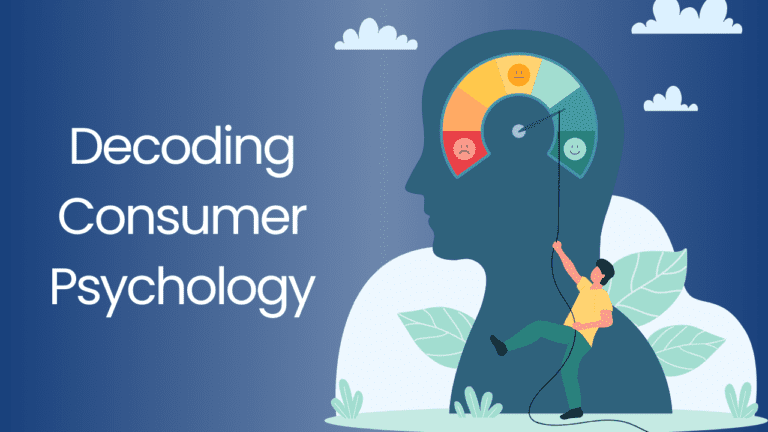
Your dedication to community engagement is admirable! The positive impact you’ve had on local initiatives is inspiring. Let’s continue making a difference together.
Thank you! Together, we can continue making a positive impact on our community!
My partner and I stumbled over here by a different page and thought I might check things out. I like what I see so now i am following you. Look forward to looking at your web page repeatedly.
Thank you so much for following along! I’m glad you stumbled upon my page and look forward to your visits.
You make complex topics so easy to understand.
Thank you for your kind words